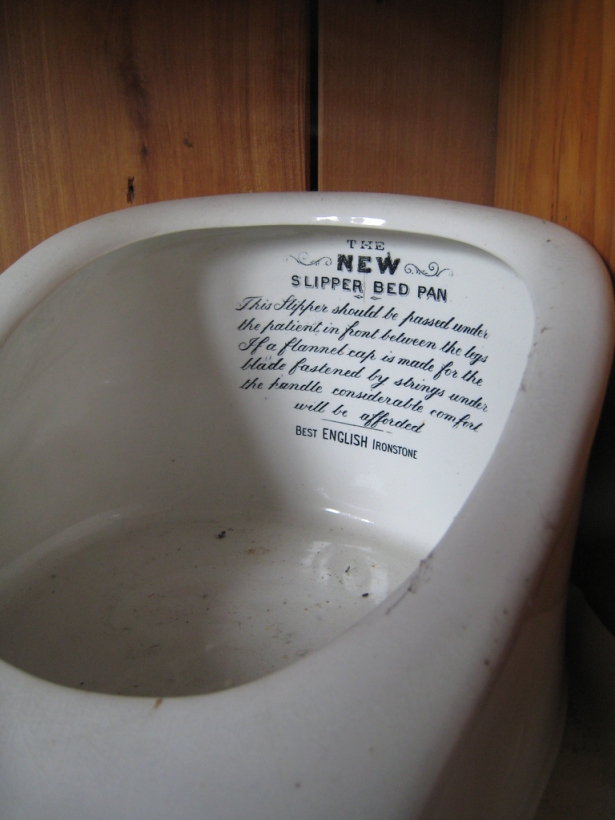The U.S. Chamber of Commerce is famous for punishing officeholders and other political candidates who have the temerity to disagree with the Chamber’s views. But what happens when the U.S. Chamber’s own members and affiliates reject its “predictably stalwart” opposition to reasonable policies on climate change and green jobs?
One “solution” is to try to pooh-pooh the problem, as Chamber staff have been doing over the last several days.
Confronted with a story about Johnson & Johnson and Nike asking the Chamber to change its position on climate, Bill Kovacs, the Chamber’s vice president for the environment, technology and regulatory affairs, tried to wave the story away, saying that the Chamber’s environment and energy committee had just debated climate policy for three hours. As Politico reported, Kovacs said “At the end of the debate, there were no members asking to change our policy.”
But it just isn’t that easy to blow off multi-billion dollar corporations, as it turns out. Roll Call reports today that an executive with PNM Resources took issue with Kovacs’ version of events, saying: “In my opinion it is inaccurate to call it a debate, and it is especially inaccurate to say that there was no call for changes to the policy when there were a number of members who stated the chamber policy did not represent their corporate position and they were therefore interested in how to change that policy.” Which is a pretty clear rebuke coming from a company that is on the U.S. Chamber board of directors and on its environment and energy committee. (PNM Resources is also a member of USCAP.)
Kovacs’ response to this public correction may seem bizarre to those who know the Chamber’s distaste for regulatory burdens and red-tape. Roll Call reports him saying that: “So far, no companies have filed a motion that they want the chamber to revisit it, according to Kovacs.” (Gee, do they need to fill that out in triplicate?) That’s right, those companies who want the Chamber to modify its position on climate apparently haven’t filled out the right form. As Roll Call explains, “companies were told that in order to change the group’s policy, committee members would need to file a motion and wait 30 days for members to review the policy before voting on it.”
The interesting thing is it isn’t just corporate members who think there’s a better way than the unconstructive approach being taken at the national level by the U.S. Chamber. It looks like grassroots Chamber affiliates have their own ideas about which way the future lies. Consider these examples of local, regional and state Chambers who are looking to help members meet new climate regulations and even see a powerful economic future based on clean energy:
- Last week, the Indiana Chamber of Commerce held a videoconference event for its members that seemed oriented to helping businesses understand what they would need to do to comply with carbon regulations and how to do it. Topics included “How to Prepare for the Coming GHG Regulations;” “How to Avoid Greenhouse Gas Emissions Through Materials and Land Management;” and “Keeping Your Company Green: GHG Protocols and The Climate Registry (TCR).”
- The St. Louis Regional Chamber and Growth Association hosted a March 31, 2009 event where “a coalition of international business and environmental groups [including NRDC] discussed the USCAP proposal to tackle climate change.” Not only did they discuss it – they discussed it in positive terms.
- Instead of fighting the inevitable on climate policy, the Boulder Chamber of Commerce held a major “Climate Leader Series 2009” event on May 13, 2009. As that local Chamber noted: “Savvy organizations are finding that lowering their impact on the environment does not have to mean reducing their opportunities to grow and be profitable. Leading businesses are reducing their energy costs and environmental impacts while incorporating various efficiency and sustainable practices.”
- The Erie (PA) Regional Chamber and Growth Partnership has participated in two events focused on green jobs and climate. Here is the flyer for the October 2008 event.
- In April, NRDC joined with the Greater Miami Chamber of Commerce to host an event on how climate change will impact Florida and its businesses.
- Individual local Chamber officials are also willing to come out publicly and sound sane when it comes to climate matters. Consider this straight shooting oped article in the Roanoke (VA) Times from Lee Wilhelm, chairman of the board of the Roanoke Regional Chamber of Commerce.
There are more examples out there, but I think you probably get the idea.
It looks like the Chamber knows its got a problem trying to hold together its image as the monolithic voice of business. Last week, the Chamber insisted it had no official position on the climate bill Congress is considering, but later that day it sent a letter up to the hill explaining its opposition to the American Clean Energy and Security Act, saying “The purpose of this letter is to reiterate the Chamber’s core principles on climate change, and to suggest a path forward on the issue.”
But as the Wall Street Journal’s Keith Johnson said of the Chamber’s path forward: “So what does the Chamber of Commerce really want? More of the same, it seems.”
But “more of the same” doesn’t seem to be what the U.S. Chamber’s member companies and local affiliates are looking for.
(original post at NRDC)



